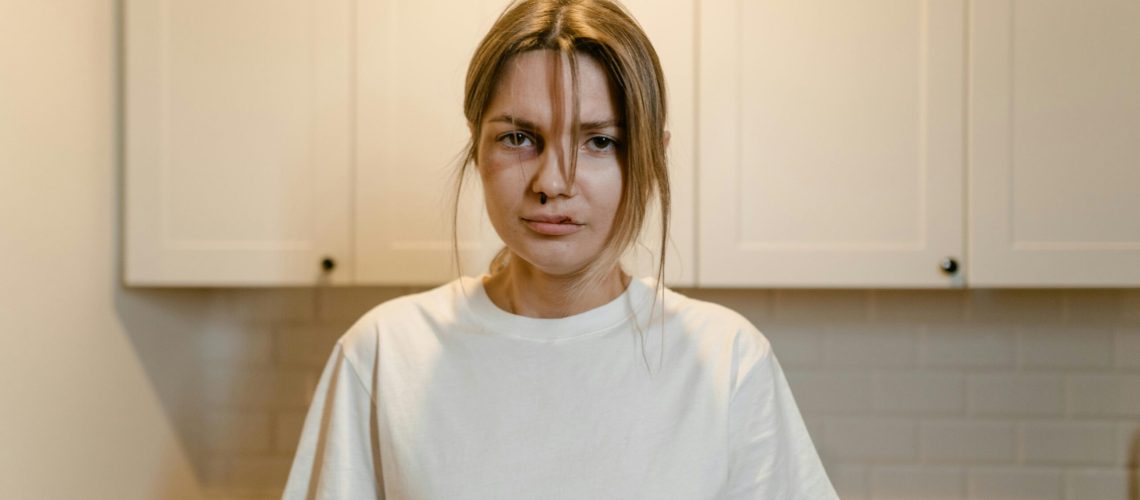Does Waxing Your Upper Lip Make Hair Grow Back Thicker
“Beauty is about being comfortable in your own skin.” – Ellen DeGeneres
Waxing is a popular hair removal method, often favored for its effectiveness and long-lasting results. Many individuals, particularly women, seek to remove unwanted hair from the upper lip area to achieve a smooth and polished appearance. However, a common question arises: Does waxing your upper lip make hair grow back thicker? Understanding how waxing affects hair regrowth can help you make informed decisions regarding your grooming routine.
When it comes to hair removal, it’s essential to distinguish between different methods and their effects on hair follicles. Waxing removes hair from the root, resulting in hair regrowth that typically takes longer than shaving. However, the belief that waxing causes hair to grow back thicker is a misconception. The diameter and texture of hair are primarily determined by genetics and hormonal influences, not by waxing.
Understanding Hair Growth
Hair growth occurs in cycles, consisting of three main phases: anagen (growth), catagen (transition), and telogen (resting). When you wax, the hair is removed during the anagen phase, and it will regrow over time. However, each hair’s growth cycle is individual, meaning that while some hairs may thicken, others may not. In fact, with regular waxing, some individuals notice that their hair becomes finer and less noticeable.
Additionally, waxing effectively reduces the number of active hair follicles over time. When consistent waxing is done, fewer hairs emerge as they are being removed before they can reach their full growth potential. Thus, contrary to the belief that waxing will cause hair to grow back thicker, many experience the opposite effect with continued waxing sessions.
The Benefits of Waxing the Upper Lip
Waxing your upper lip has various benefits that extend beyond just hair removal. For one, waxing provides a clean and well-groomed look that many people find appealing. Furthermore, the results can last anywhere from three to six weeks, depending on individual hair growth rates. This longer-lasting effect is a major advantage compared to other hair removal methods like shaving.
Additionally, waxing can exfoliate the skin, removing dead skin cells in the process. This can promote smoother skin and a brighter complexion. However, it is essential to care for the skin afterward by applying soothing products to reduce potential redness or irritation. It’s a simple step that can enhance the overall experience of waxing.
Alternative Hair Removal Methods
There are several hair removal alternatives available if waxing is not your preferred method. Shaving is a common choice, but it may result in quicker regrowth and a stubbly texture due to cutting hair at the skin’s surface. Alternatively, depilatory creams dissolve hair at the skin level, which can be effective but may cause irritation in sensitive skin.
Other methods such as laser hair removal and electrolysis offer longer-term solutions by targeting hair follicles directly. While these can be more costly upfront, they may ultimately save time and reduce the need for routine hair removal, making them worthwhile investments for many.
In conclusion, while the question “Does waxing your upper lip make hair grow back thicker?” is frequently asked, the answer leans toward no. Waxing typically results in finer hair regrowth, and may even lead to reduced hair density over time. By considering both waxing and alternative hair removal methods, you can select the best option for your needs and preferences, leading to greater satisfaction with your grooming routine.


